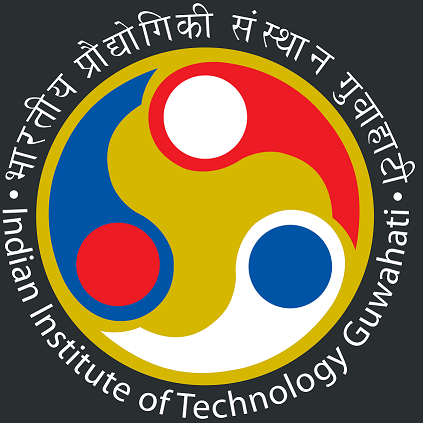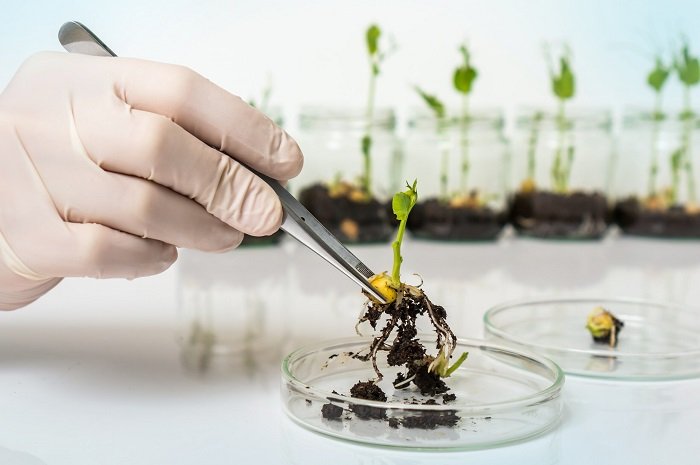IIT Guwahati develops Silica Nanoparticles coated cotton fabric that separate oil from Marine oil pills
The research aims to convert a large-scale agricultural waste into a sustainable value-added product to mitigate marine oil pollution.
Researchers at the Indian Institute of Technology Guwahati (IIT Guwahati) have developed a Silica Nanoparticles coated cotton fabric that can separate oil from oil-water mixture. This research aims to convert a large-scale agricultural waste into a sustainable value-added product to mitigate marine oil pollution. The said nanoparticles have been developed by utilising rice husk, an agricultural waste, as the primary source material. The findings of this study can aid in development of economical, sustainable platforms for separating oil/water mixtures or harmful components from aqueous/non-aqueous mixture.
Oil spills due to industrial discharge, or accidental mishap causes irreversible damage to the aquatic ecosystems. Conventional cleaning techniques such as skimming, or in-situ burning is ineffective, costly and causes additional pollution. Researchers around the world have been trying to develop energy efficient materials to separate the oil and water mixtures. However, the sustainable and economically viable conversion of biomass to modified silica for oil spill mitigation had not been explored earlier.
Explaining the eco-friendly method Prof. Vaibhav V. Goud, Department of Chemical Engineering, IIT Guwahati, said, “Our technology has multiple beneficial effects on the environment. Rice husk is an agricultural byproduct, rich in silica that is generated in millions of tons every year. It generally ends up being burnt unscientifically causing air pollution. With our technique this waste rice husk is converted to 3D sorbents that mitigates oil contamination by following a selective active-filtration process.”
In this process, inexpensive agricultural-waste, rice husk is gradually heated and efficiently converted to charcoal also known as bio-char. Subsequently, this bio-char is subjected to further heating to transform it to silica nanoparticles. The size of these nanoparticles can be customized by adjusting the pH of the bio-char. To render the nanoparticles water-repellent, they are treated with special chemicals known as silanes. Finally, these treated nanoparticles are coated over a cotton material creating a natural, three-dimensional sorbent for separating oil-water mixture.
Explaining the significance of their work, Prof. Goud, said,” Our experiments at IIT Guwahati have demonstrated that the coated cotton fabric particularly adsorbed oil, while the uncoated sample adsorbed both oil and water. The developed superhydrophobic material has shown a remarkable 98 per cent efficiency and retained its functionality even after repeated use and exposure to harsh environments.”
The details of the natural 3D oil absorbing material have been published in the prestigious international journal Biomass and Bioenergy. The paper has been co-authored by Prof Vaibhav V. Goud and his research scholar Sutapa Das.
The research aims to convert a large-scale


